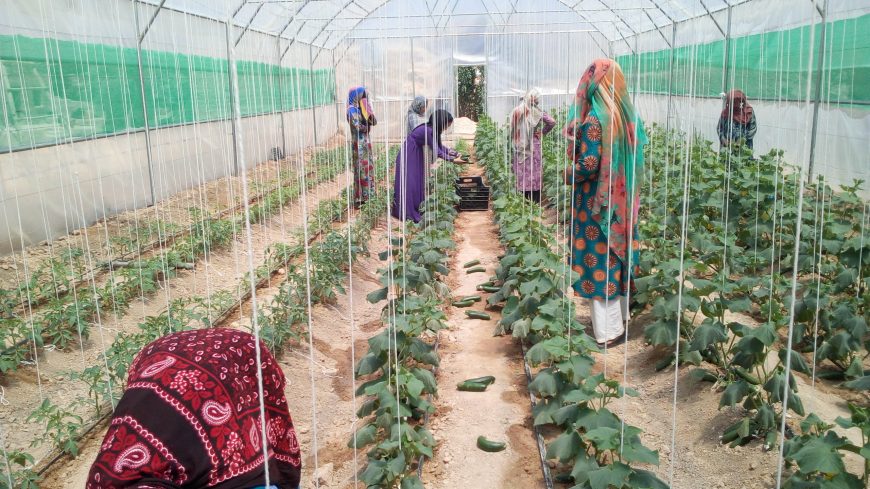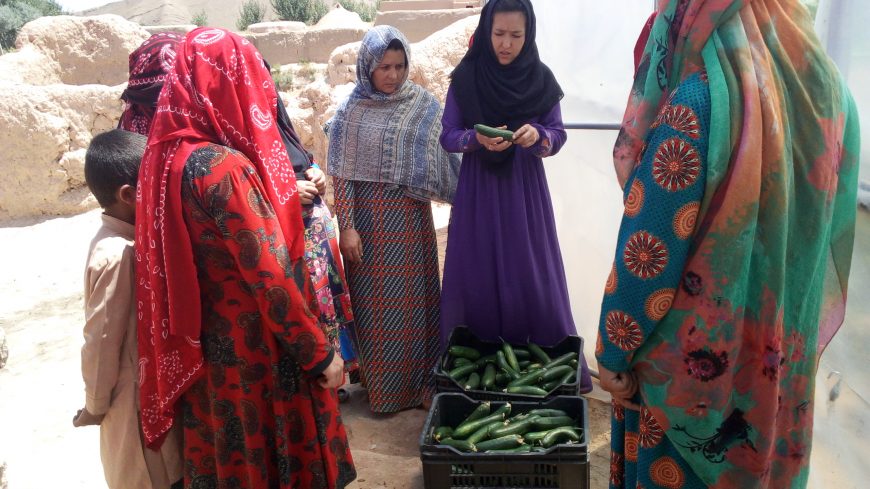This website uses cookies so that we can provide you with the best user experience possible. Cookie information is stored in your browser and performs functions such as recognising you when you return to our website and helping our team to understand which sections of the website you find most interesting and useful, so we can improve your browsing experience and the information made available.
You can adjust all of your cookie settings by navigating the tabs on the left hand side.
According to the French law N• 78-17 of 6 January 1978 on computing, data and liberties (CNIL), all users who has deposited nominal information either directly or indirectly, may ask for the submission of this nominal information through a request to ACTED Data Protection Officer either by email or in written to ACTED DPO, 33, rue Godot de Mauroy, 75009 Paris, France – and have them edited or suppressed.
Terms and conditions of the ACTED website are available here.


